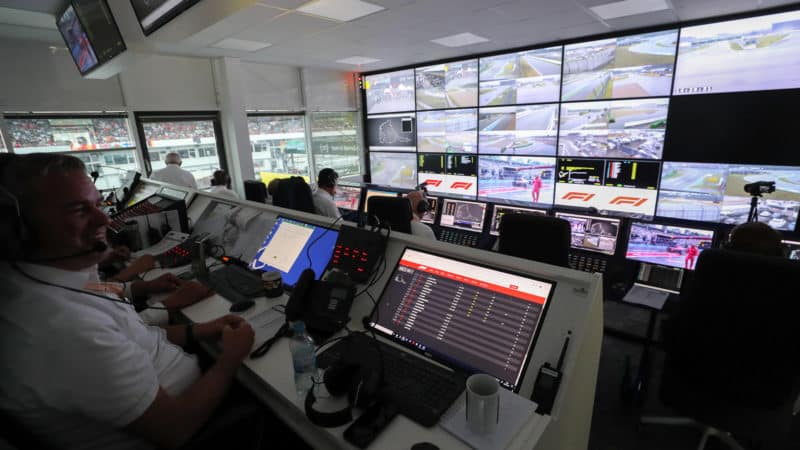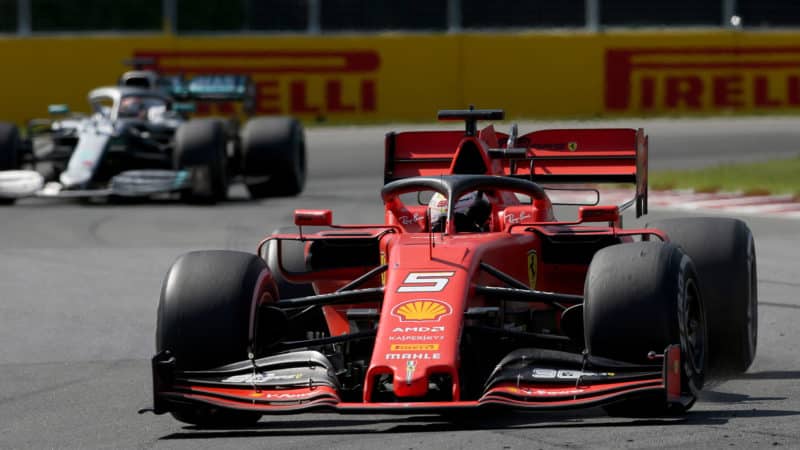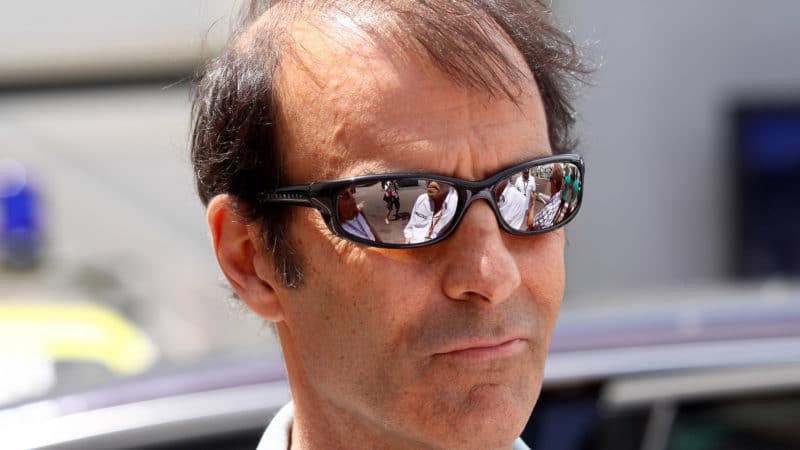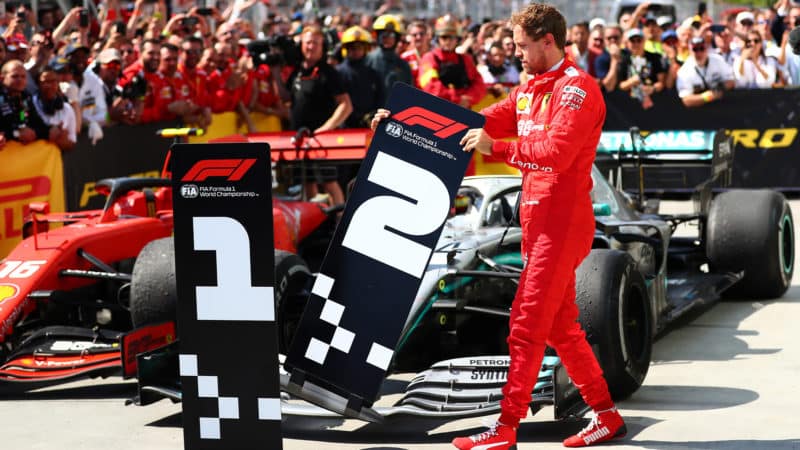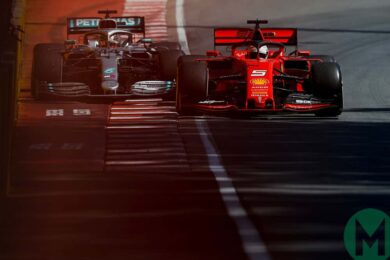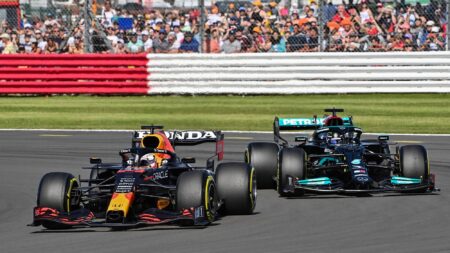To be considered, the evidence needed to be considered new, significant and relevant and the hearing decided that none of the six submissions qualified and threw out the appeal.
It wasn’t a great surprise: overturning a stewards’ verdict takes something out of the ordinary given the amount of information at their fingertips. “The technology that’s available is unbelievable. Star Trek to the max,” says Kaerne.
“All the radio channels; all kinds of telemetry and GPS; all the in the car cameras. It’s an enormous amount and they can be slowed down, backed up, stopped — all that kind of stuff.
“A lot of people that are not familiar with it don’t realise how much data and video there is. When they are negative about a stewards’ decision — ‘Oh l I don’t see how that could happen’ — well, that’s exactly it. You don’t see what the stewards can.
“The only simple decision is the penalty for speeding in the pitlane. None of the rest are”
“When you pull up an in-car camera, something that hasn’t been on TV, and compare it side by side with someone else’s in-car camera from the car behind, the stewards are able to see different angles than the public. Public outcry against a stewards’ decision is not always as well founded as the public thinks.”
That’s not to say that Kaerne is averse to some home sleuthing. When he’s not watching in an official role, he’ll still pause and rewind controversial moments.
“I always back up my DVR to look at where the driver’s looking in the mirrors and where the steering wheel is going,” he says. “That always gives you such an indication.”
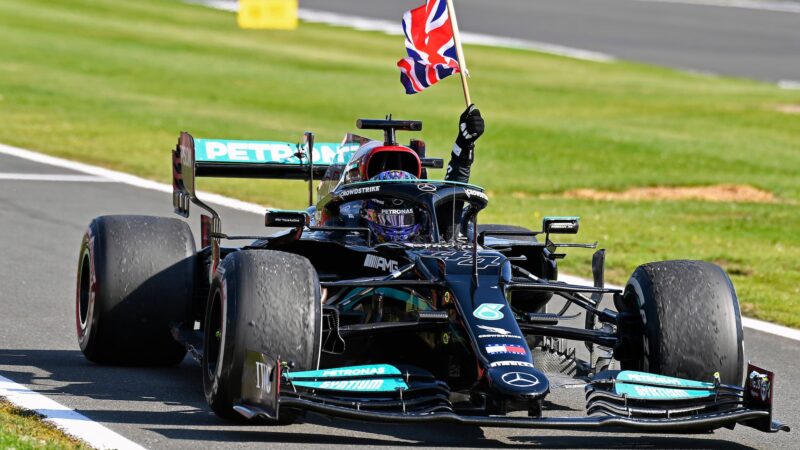
Red Bull is appealing for a tougher penalty to be imposed on Hamilton for Silverstone clash
Grand Prix Photo
Even so, he’s diplomatic when asked about his view on the Silverstone collision. “I trust the stewards made the right decision,” he says.
“The fact that Red Bull have asked for a review, obviously, they don’t. It’s interesting.”
The lot of a steward isn’t straightforward. Hamilton was given a 10sec penalty at Silverstone for breaching a section of the FIA’s International Sporting Code on driving conduct; an area that appears to offer plenty of room for interpretation.
“Causing a collision, repetition of serious mistakes or the appearance of a lack of control over the car (such as leaving the track) will be reported to the Stewards and may entail the imposition of penalties up to and including the disqualification of any driver concerned,” the relevant article reads.
“Sometimes it sounds like a simple decision,” says Kaerne. “The only simple decision is the penalty for speeding in the pitlane. None of the rest are. There’s always something to consider.
“Is that a correction or is it an aggressive manoeuvre? You have to make those little decisions in order to come to the big decision.”
